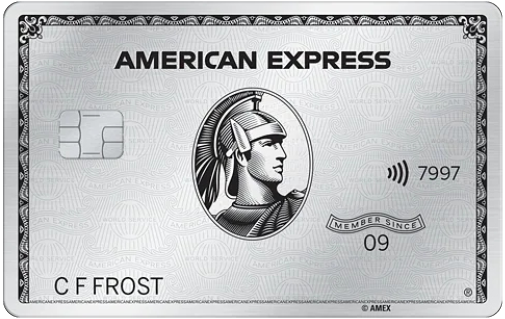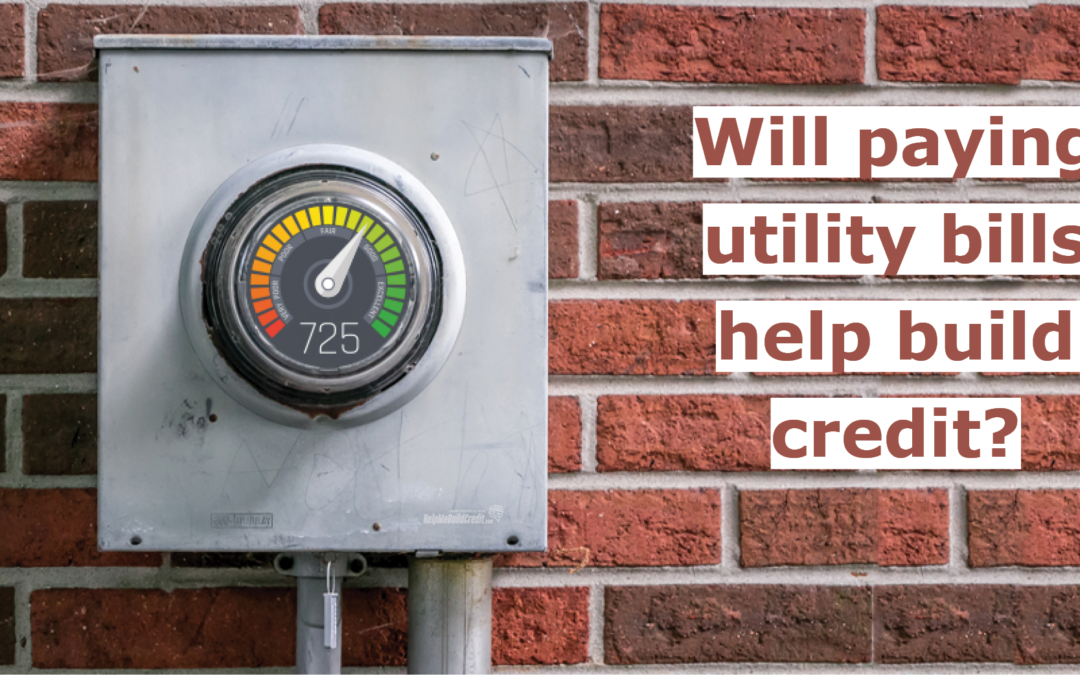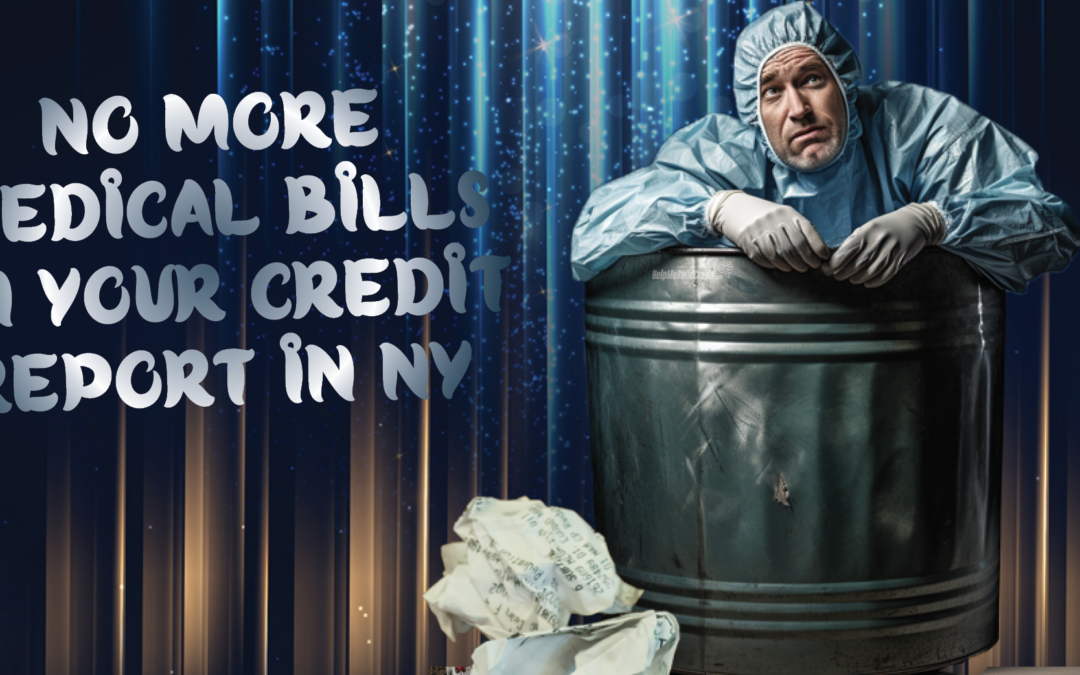Which Factors Does Fico Use To Calculate Your Credit Score
In this day in age, where transparency is at a very high level, it may sound very shocking to you, but the formula for the Fico scoring model (a scoring model which is used in 90% of mortgage-lending decisions) is still 100% confidential.
Consumers have very little insight into what factors are used to determine their Fico score. Fico only revealed the general 5 big factors which you can read more about here.
Reasoning Codes
The Fair Credit Report Act (section §605(a)(2)) requires lenders to reveal to their consumers, which factors adversely affected their credit score. Therefore, lenders need to know which factors affect a Fico score in order to be able to explain those factors to their consumers.
For this reason, Fico created a list of reasoning codes that credit issuers send along with a denial letter to their consumers, stating the reasons for which their credit score was adversely affected.
In the past, there were blogs that have put together lists of all the reasoning codes which consumers have received, and based on that, you were able to get an insight into which factors may adversely affect a credit score. Although this did not give you deep insight into the Fico scoring model, it did help you understand, more generally, which factors Fico will include in calculating the scoring model.
For a quick example, let’s use reasoning code number 10: “Ratio of Balances to Limit On Bank Revolving or Other Revolving Accounts Is too High”. This reasoning code tells you that your score was affected by high balances. It does not tell you, though, which ratio is considered a high balance. 20 percent? 50 percent? 100 percent?
The reasoning codes also only reveal factors that adversely affect credit scores, but there are still many factors that may affect your credit score, but possibly in a more minor way (which wouldn’t have been mentioned in a denial letter).
The Fico Scoring Model Is Confidential
The reason why Fico provides the reason codes is not in order to help a consumer understand their credit score. Fico provides it because the law requires them to do so. Credit reason codes are like the ingredients found in the back of a Coca-Cola bottle. Coca-Cola does not reveal to you the recipe of how to make coke, nor will the ingredients help you in any way figure out how to make coke. The ingredients are there only for legal reasons. (Some people believe that Coca Cola even adds some fake ingredients in order to confuse you!) The same is true about the reason codes. The reason codes do not in any way reveal to you how Fico calculates credit scores. It is just there to teach you a thing or two about the factors Fico may (or may not) use to determine your Fico score.
I will go through with you some major surprising things that we can find in the leaked document. I want you to keep in mind, that all the information found in that document needs to be taken with a grain of salt. I personally would not predict that Fico had written this document in order to educate consumers about the Fico scoring model. I would rather predict the opposite.
Reason Code #01: Amount Owed On Accounts Is Too High
The full description for this one is as follows: “Your Fico score considers how much you owe on your credit accounts such as credit cards and non-mortgage loans. Generally, the more you owe on these accounts the greater risk you post to lenders.”
What I found interesting is that it says any loan that is not a mortgage loan with a high balance will hurt your score. This will include loans that are installment loans, but not a mortgage loan. This is something new that I learned as I always thought that high utilization will only be effected by revolving loans and not by an installment loan.
The document goes further to explain that moving the debt from one account to another will usually not help your credit score. Please note that this does not refer to breaking up your balances between several credit cards and lowering the utilization since it’s a fact that it does help your Fico score. What Fico means to say is that moving the full balance from one account to another is not going to help your Fico score. (This is a classic example of what we discussed, that Fico is looking to confuse consumers.)
You can read more about credit utilization here.
Fico Reason Code #06: Too Many Consumer Finance Company Loans
This confirms what we have already known, that taking out a loan from a consumer finance company may hurt your credit score.
Fico Reason Codes #14: Length of Time Accounts Has Been Established
In the full description, it says the following: “In your case, the age of your oldest account or the average age of your accounts is too short.”
Does fico calculate your score based on your average age of credit? I personally don’t think so. Read more about this here.
Fico Reason Code #08: Too Many Inquiries in Last 12 Months
This confirms what we have already known, that although credit inquiries stay on your credit report for 2 years, they will only affect your Fico score for up to 12 months.
Fico Reason Code #17: No Recent Non-Mortgage Balance Information
Here again, you can see that Fico counts mortgage loans separately, and not with all other installment loans.
Fico Reason Code #33: Proportion of Loan Balances to Loan Amount Is Too High
The full description here is: “Your Fico score weighs the balances of your mortgage and non-mortgage installment loans against the original loan amounts. In general, when you first obtain an installment loan your balances are high and as you pay the loan down your balances decreases.”
This is telling us, as we see in real life, that a new mortgage loan reported on your credit report can have a pretty significant hit on a Fico score for as much as a year.
Fico Reason #41: No Recent Retail Accounts
This confirms that having retail accounts such as store cards can help you have the proper credit mix.
Conclusion
Here in this post, we only went through some of the high lights of the leaked document which we found may interest our readers. If you’re interested to read the full document then please email me at [email protected] and i will send it to you.
Have a great day!

















I’m 85. I relied on credit for many years and never had any credit problems. For the last 20 years or so I have not needed or used any credit. So now, my credit rating has been lowered only because there is “a lack of sufficient relevant information” regarding mortgage, auto and etc. credit accounts that I no longer have. Spectrum sent me a letter telling me that the terms they offered me may be less favorable than terms they offer to people with higher credit ratings. The lower credit ratings are given to some of us based not at all on any shortcomings in making timely credit payments, but based only on no longer using credit. In general, it is elderly retired people who are being penalized this way. I say it is arbitrary and capricious and shameful to do this to senior citizens. What say you?
Your 100 percent right. Many improvements need to be made to the scoring model system. But for you I would advise to get approved for at least one secured credit card so your credit file will still show activity even if you only use the card for a very minimum amount. You can find a list of secured cards here. Good luck